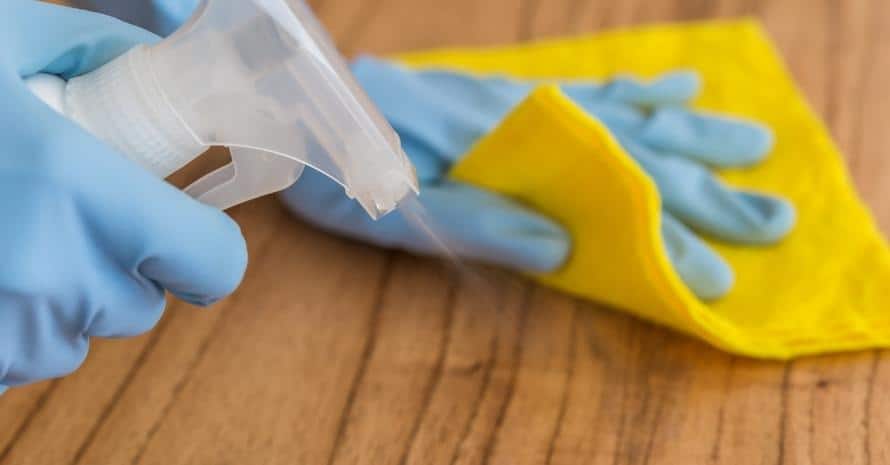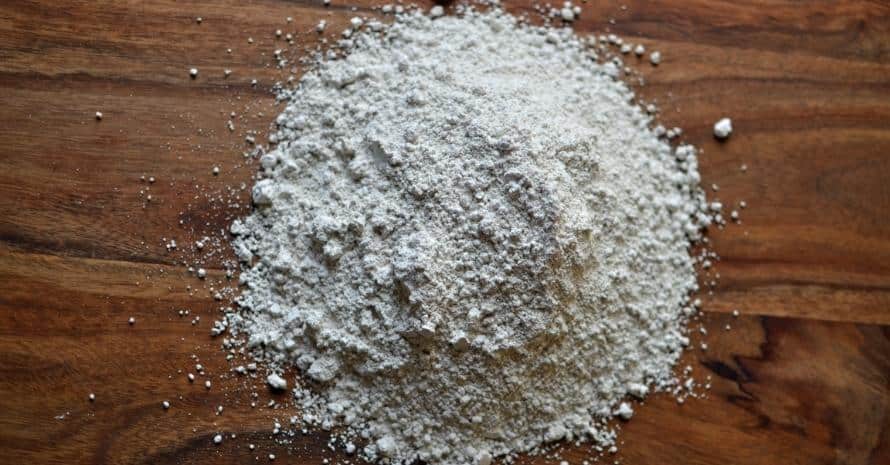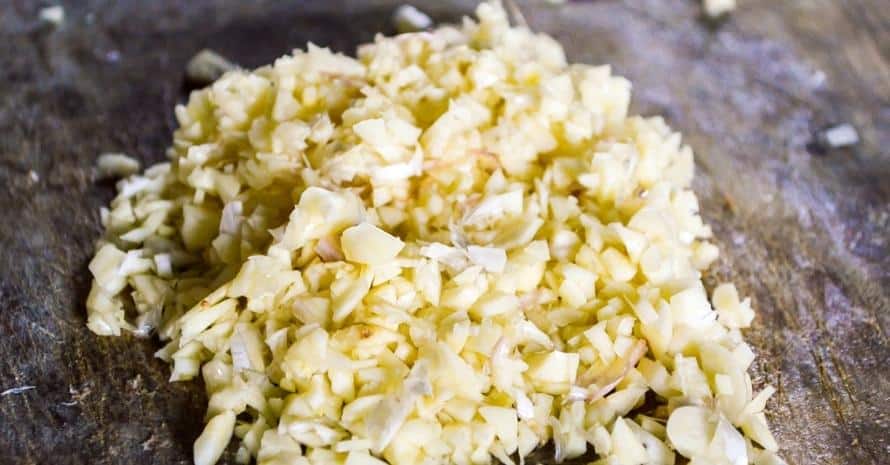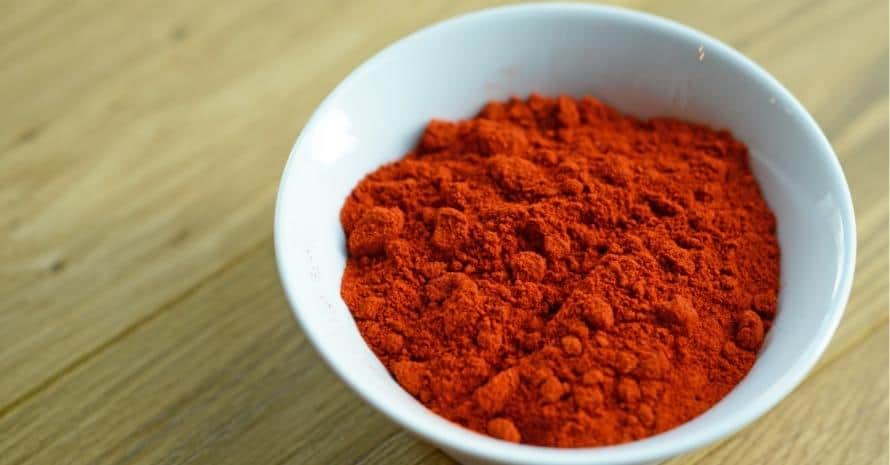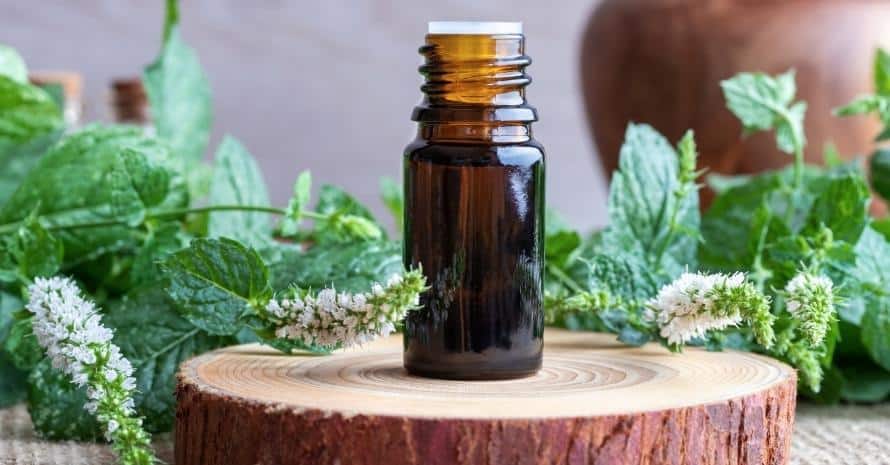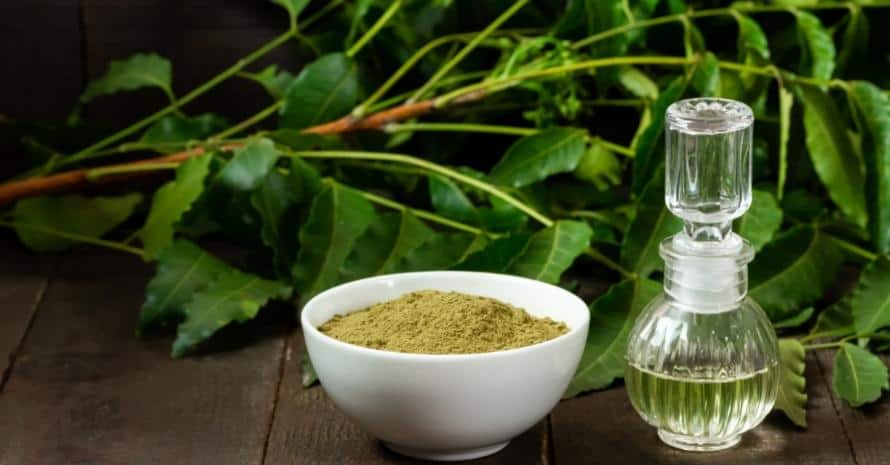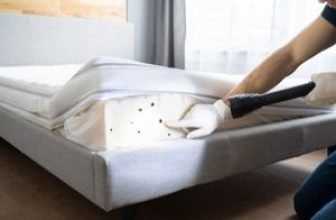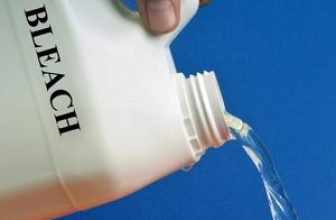There are several problems associated with bed bugs. They multiply rapidly, are incredibly tenacious, and have a keen sense of smell, thanks to which they find new victims without issues.
Use the latter property to your advantage. To fight these pests, professional insecticides are used, but you can supplement them with natural remedies, the smell of which repels insects.
So you won’t only get rid of unwanted neighbors but also prevent their reappearance. From my article, you will learn what scent keeps bed bugs away and how to apply them for the greatest effect.
Guide on How to Repel Bed Bugs With Natural Scents
Bed bugs have a very keen sense of smell for a creature of such a small size. The scent of the human body, things, and clothes attracts them.
However, there are things bed bugs don’t like, such as rubbing alcohol, lavender, vinegar, neem oil, and so on. Many of these odors are quite acceptable to humans. Knowing what repels bed bugs, you can effectively deal with annoying pests.
What smells do bed bugs hate?
These insects, like many others, are intolerant of sharp scents. This property has been familiar to people since ancient times; therefore, in the Middle Ages, for example, it was recommended to rub yourself with perfume.
I do not advise you to do it so as not to waste a product. There are cheaper ways to get rid of insects. So, what scents do bed bugs hate?
Rubbing alcohol
Isopropyl alcohol is considered one of the effective pest control means. However, it is not so much due to its strong smell but its chemical properties. It has a double effect on insects: it dissolves chitinous shells and dries out the bodies.
True, to achieve these effects, a spray should fall on bugs. That is, it works with direct contact. Because alcohol evaporates quickly, you can’t put it on a surface and wait for pests to crawl over it.
Besides, rubbing alcohol is a flammable substance, so it should be used with extreme caution.
Tea tree oil
Tea tree oil has a strong enough aroma to mask the human smell of sweat and blood. You can use it both undiluted and diluted. Just remember that the less concentrated the solution, the weaker its effect.
Its smell repels insects and has a devastating impact if it directly hits exoskeletons. You can spray not only pillows, mattresses, and furniture with tea tree spray but also wash bedspreads and bedding using this product. The smell will remain on a fabric for a while and will continue to repel pests.
Lavender oil
These beautiful flowers are known for their repellent properties. Why do bed bugs hate lavender? Like many other plants used to produce pest control products, it contains Linalool in its composition.
Many insects are intolerant to it and try to leave the place where there is such a scent. And you can use both essential oil and plants. Plant lavender bushes in your yard, in a flowerpot, or arrange dried bouquets around the room. This strong smell will help you get rid of annoying pests.
Blood orange oil
All citrus fruits repel a wide variety of pests well due to their persistent scent. But it was blood orange that proved its effectiveness in the fight against bed bugs. It is even confirmed by scientific studies.
Just as with other essential oils, you should treat the contaminated area with a pure product or dilute it with water or, for example, alcohol. You can make a homemade spray, light an oil burner, use a diffuser, or dab oil on pillows, mattresses, furniture, window frames, and cracks in walls (if any).
Diatomaceous earth
Diatomaceous earth (DE) is a fine white powder. It does not have a pronounced smell, unlike previous items, but it is highly effective in killing insects with chitinous shells and is absolutely safe for people and pets.
The peculiarity of DE is not in the chemical but the mechanical effect on pests. Small particles easily cut through exoskeletons and quickly absorb inside liquids. Scatter the powder where you see insects. It is effective with direct contact, so try not to disturb it and avoid water ingress.
Vinegar
Few creatures can stand the acrid smell of vinegar. Bed bugs also quickly scatter from it, so this option seems to be an effective way to control pests.
It suppresses the nervous system of insects and, if it comes into contact with bodies, corrodes them. However, not all people tolerate the smell of vinegar.
Besides, if applied undiluted, it can damage wood surfaces and dyed fabrics. Therefore, always mix it with water in a ratio of 1 to three. Then the deterrent properties of the product will be preserved, and the likelihood of damage will be minimal.
Garlic
The effectiveness of garlic in the fight against pests is also scientifically substantiated. The fact is that when the clove cells are destroyed (for example, when cut or grated), Allicin is produced.
The substance is responsible for the characteristic smell and repels insects. It decomposes rather slowly at room temperature, so it retains its effect for some time. Of course, not everyone likes the garlic scent, but it really works.
When combined with vinegar, it provides long-lasting protection against bugs, so you can make a spray based on them and treat infested areas.
Powdered pepper
Have you noticed that you begin to sneeze when you inhale freshly ground pepper? Pepper irritates the mucous membrane, stimulates nerve cells, and causes a reflex.
Bed bugs have different respiratory systems, but they get irritated by fine pepper dust like ours. So it’s a great alternative to garlic and vinegar for insect control.
And unlike many other products, it is definitely in every home and quite inexpensive. Sprinkle crushed pepper in areas where pests are found and spray it on baseboards, crevices, joints, and other places where bed bugs crawl.
Lemon
As I wrote above, citrus fruits are excellent at repelling insects, and their smell is pleasant to most people. If with blood orange, I recommend using an essential oil; you can use lemon in its natural form.
You need to squeeze the juice, mix it with a bit of water, and spray it on all surfaces in the house. It is desirable to prepare such a mixture right before use and not store it in a refrigerator.
Thanks to its powerful smell and astringent properties, you can get rid of annoying neighbors. Please note that only natural lemon juice is suitable for it, not the one sold in cartons.
Cinnamon
Cinnamon combines such repellent scents as benzyl benzoate, eugenol, and cinnamaldehyde. They are literally in everything: dried flowers, sticks, and essential oils.
You can sprinkle the powder on carpets, and bedding, near doors and windows and put sachets with sticks inside wardrobes and shelves with clothes. You can also soak cotton pads in cinnamon essential oil. While most of these methods simply repel pests, the oil kills insects on contact, as it is a strong irritant. Since the smell disappears over time, do not forget to repeat applications.
Peppermint
Do bed bugs like peppermint? No, because it contains menthol and terpenes. These substances are so powerful that they create a repulsive barrier for many insects. Like many other products described, they have an irritating effect on pests, so they prefer to bypass treated surfaces.
There are different opinions, but it is believed that you can use both essential oil and fresh peppermint leaves. Oil should be mixed with water and sprayed on furniture and soft objects. And the leaves can be chopped to activate the release of repulsive substances and spread out near the infestation sites.
Neem oil
Neem oil is a natural pesticide and insecticide that I regularly use to control various pests. It is made from a neem tree and is EPA approved because it is 100% organic.
In the composition, you will find many useful elements, but the most effective of them is Azadirachtin. Neem oil not only repels pests with its smell but also interferes with the work of organisms upon contact. It inhibits nutrition and the hormonal system functioning, which disrupts the process of laying eggs and, accordingly, the development of a colony.
Other scents
What scents do bed bugs not like besides those described above? Here are other effective products:
- tar;
- rosemary;
- thyme;
- kerosene;
- turpentine;
- chlorine;
- ammonia.
The smells described repel insects but do not kill them, as diatomaceous earth and neem oil do. Therefore, using several methods as an integrated approach is the best solution.
When working with strong and concentrated scents, remember they can cause headaches, nausea, allergic reactions, weakness, and dizziness. Also, pets react badly to pungent smells.
FAQ on Bed Bug Repellent Scents
If you encounter an infestation problem, find more information on this topic in the FAQ block.
Do bed bugs have a smell?
Yes, these insects release pheromones to communicate with other colony members, attract mating partners, and scare off enemies. That is why there is a specific sour smell in rooms with a lot of these pests.
Why do bed bugs smell when you kill them?
The pheromones that bed bugs secrete are needed for scaring away potential enemies. Smelly substances splash out in large quantities when you destroy chitinous shells. Even a dead insect still stinks for some time.
What essential is oil good for bed bugs?
In short, all essential oils that have a pungent smell repel bed bugs. These include tea tree, blood orange, peppermint, lavender, cinnamon, eucalyptus, and neem oils. The latter not only repels insects but also slows down their development, contributing to the colony’s death.
Get Rid of Bed Bugs Effectively
Given the speed of reproduction and the survivability of these pests, I consider an integrated approach to be the best control option. Now you know what scents bed bugs do not like, and you can use them in conjunction with other methods.
While steaming, freezing, professional insecticides, and diatomaceous earth kill insects; essential oils will protect your home from re-invasion.
Do you think it is effective to use natural products to repel pests? If you’ve had to get bed bugs out, please share your methods with the readers!
Also read:
- Best Bed Bug Trap
- Best Bed Bug Heater
- Hot Shot Bed Bug Fogger Review
- Dead Bed Bugs
- Do Bed Bugs Lay Eggs in Your Skin
- How to Get Bed Bugs Out of Carpet
- Can Bed Bugs Live on Plastic
- Can Bed Bugs Live on Leather
References
- Controlling Bed Bugs Using Integrated Pest Management (IPM) (United States Enviromental Protection Agency)
https://www.epa.gov/bedbugs/controlling-bed-bugs-using-integrated-pest-management-ipm - Diatomaceous Earth (Oregon State University and the U.S. Environmental Protection Agency)
npic.orst.edu/factsheets/degen.html#howwork - Toxicities of Selected Essential Oils, Silicone Oils, and Paraffin Oil against the Common Bed Bug (Hemiptera: Cimicidae) (Chen Zha, Changlu Wang, Andrew Li)
https://academic.oup.com/jee/article/111/1/170/4662900?login=true
Contents
Why You Should Trust Pest Control Hacks?
We know that pests are nasty neighbors, and it can take months to eliminate them without the right approach. Our experts use their own experience to compile articles and guides that are introductory and informative. Our authors’ opinions are independent and based on the results of practical testing of pest control tools. We do not notify manufacturers of testing of their products and do not receive payment from them for posting their items. Also, our texts are never submitted to company representatives for proofreading before placement. On the site, you will find exclusively objective ratings and reviews.


